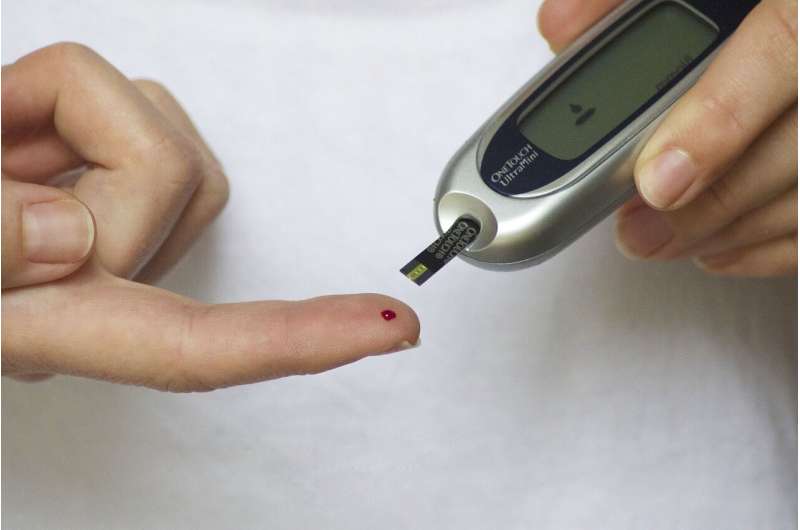New study recommends prioritizing diabetes care for global post-pandemic recovery

People with diabetes were among the hardest hit during the COVID-19 pandemic. A new global study, co-authored by a Western professor, examines the impact of COVID-19 on diabetes care by drawing a parallel with the impact of natural disasters on chronic diseases and populations at risk.
"We have witnessed the co-occurrence of an acute infectious disease pandemic and a widespread chronic disease. The impact of this is no less than that of a natural disaster," said Dr. Stewart B. Harris, professor of family medicine at Schulich School of Medicine & Dentistry.
Published in The Lancet Diabetes & Endocrinology, the study recommends targeted interventions for vulnerable groups, expansion of universal health coverage and legislated regulation of harmful foods such as energy-dense foods and sugar-sweetened beverages, to reduce and manage the double impact of COVID-19 and diabetes.
"At the individual level or the community level, acute infections, such as COVID-19, and chronic diseases, such as diabetes, are inexorably related. The response to them needs to be coordinated similarly," the study recommends.
The study draws lessons learned from previous natural disasters to manage and reduce the direct and indirect impact of COVID-19 on diabetes care. Natural disasters, including the 1995 Kobe earthquake in Japan, and Hurricane Sandy in the Western Atlantic in 2012, were considered for the study.
The impact of the current Ukraine-Russia conflict on people with diabetes and routine diabetes management was also studied and found the disruption of diabetes-care facilities, including pharmaceutical supplies and food supplies directly affected diabetes care.
Based on this work, one of the key recommendations of the study is to stratify the population based on socioeconomic and other risk factors and then prioritize those with the greatest need.
"COVID-19 had a direct and an indirect impact on people with diabetes. Higher rates of hospitalization, intensive care admissions and mortality were seen in this group," said Harris, emphasizing the need for compassion and understanding of social determinants of health.
"Inequity in diabetes care already existed and the pandemic made it worse. Many people with chronic diseases delayed seeking medical attention or were not able to get it," he said.
The study also highlights the importance of immunization against COVID-19 to prevent the burden on the health care system and to reduce the impact of long COVID.
More information: Kamlesh Khunti et al, The impact of the COVID-19 pandemic on diabetes services: planning for a global recovery, The Lancet Diabetes & Endocrinology (2022). DOI: 10.1016/S2213-8587(22)00278-9





















